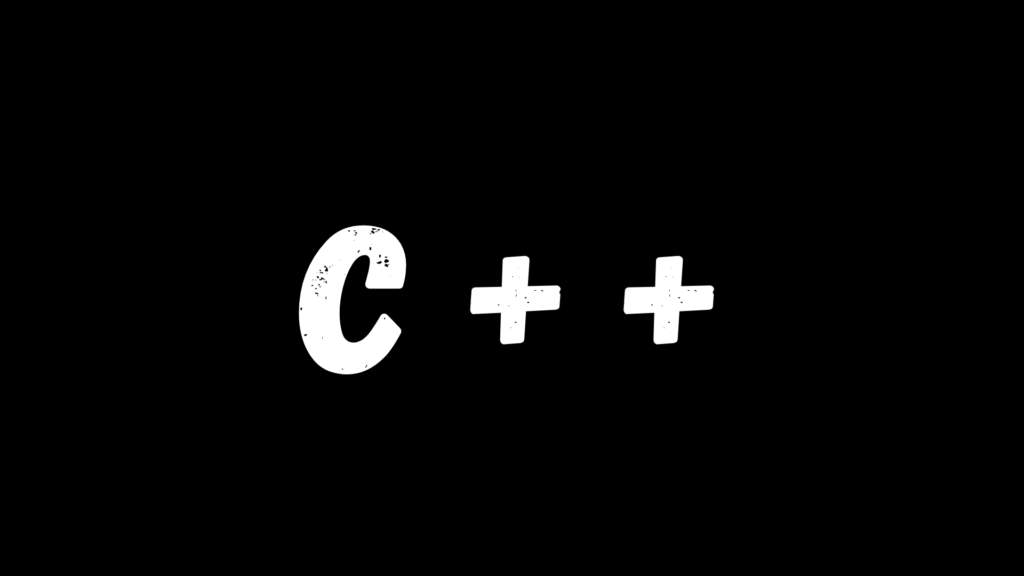
C++ Demystified: Understanding Its Challenges and Mastering the Basics
C++ is a powerful, versatile programming language that’s been around since the 1980s. While it remains a favorite among developers for building high-performance applications, it’s also notorious for its steep learning curve. If you’ve ever wondered why C++ seems harder than other programming languages, you’re not alone. This article breaks down the reasons behind its complexity and offers insights to make your learning journey smoother.
1. A Blend of Paradigms
C++ is a multiparadigm language, meaning it supports multiple styles of programming, such as procedural, object-oriented, and even functional programming. While this flexibility is a strength, it also makes the language harder to master. Beginners often struggle to understand which paradigm to use and when. For example, should you use classes and objects (object-oriented programming), or is a simple function (procedural programming) sufficient for your task?
2. Manual Memory Management
One of the defining features of C++ is its control over memory management. Unlike modern languages like Python or Java, which have garbage collection to automatically manage memory, C++ requires developers to allocate and deallocate memory manually. This can lead to bugs like memory leaks and dangling pointers if not handled correctly. While this control allows for optimized performance, it’s a source of frustration for many beginners.
3. Syntax Complexity
C++ has a dense and intricate syntax that can feel overwhelming for newcomers. Concepts like pointers, references, templates, and operator overloading add layers of complexity. Here’s an example:
int* ptr = &variable;Understanding what’s happening here—from the role of the asterisk to the ampersand—requires a solid grasp of fundamental concepts.
4. Extensive Standard Library
The C++ Standard Library is vast, offering tools like containers, algorithms, and iterators. While this is a boon for experienced developers, beginners might feel lost trying to navigate through the myriad of options. For example, choosing between a vector and a list for a data structure can be daunting if you don’t understand the performance trade-offs.
5. Backward Compatibility
C++ maintains backward compatibility with C, meaning you can write C-style code in a C++ program. While this feature provides flexibility, it also introduces confusion. Beginners often encounter C-style programming constructs that don’t align with modern C++ practices, leading to bad habits and outdated code.
6. Error Messages and Debugging
C++ compilers are notorious for producing cryptic error messages. When your code doesn’t compile, the error message might reference something seemingly unrelated. This can be frustrating for beginners who are already trying to grasp basic concepts. Debugging in C++ also requires more effort compared to other languages with built-in debugging tools.
7. The Learning Curve
Learning C++ is not a quick process. The language requires a deep understanding of core programming principles. Unlike some modern languages designed with simplicity in mind, C++ doesn’t hide its complexity. This transparency is both its greatest strength and its greatest weakness.
Tips to Make Learning C++ Easier
While C++ is challenging, it’s far from impossible to learn. Here are some tips to help you along the way:
- Start Small: Focus on basic concepts like variables, loops, and functions before diving into advanced topics like templates and polymorphism.
- Use Modern C++: Stick to the latest standards (like C++11, C++14, or C++17) to benefit from cleaner syntax and better features.
- Practice Memory Management: Write small programs to practice allocating and deallocating memory. Tools like Valgrind can help detect memory leaks.
- Leverage Resources: Use online tutorials, books, and courses tailored for beginners. Some popular ones include The C++ Programming Language by Bjarne Stroustrup and online platforms like Codecademy.
- Join Communities: Engage with the C++ community on forums, Reddit, or Stack Overflow. Asking questions and learning from others’ experiences can accelerate your progress.
- Debug Smartly: Familiarize yourself with debugging tools like GDB or integrated development environments (IDEs) like Visual Studio that simplify the debugging process.
- Build Projects: Apply your knowledge by building small projects, such as a calculator or a text-based game. Real-world applications solidify your understanding.
Why Learning C++ Is Worth It
Despite its challenges, C++ is worth learning. The language powers critical systems like operating systems, game engines, and high-frequency trading platforms. Mastering C++ not only enhances your programming skills but also opens doors to high-paying career opportunities.
By understanding the reasons behind its complexity and adopting a structured approach to learning, you can overcome the hurdles and unlock the potential of this powerful language.